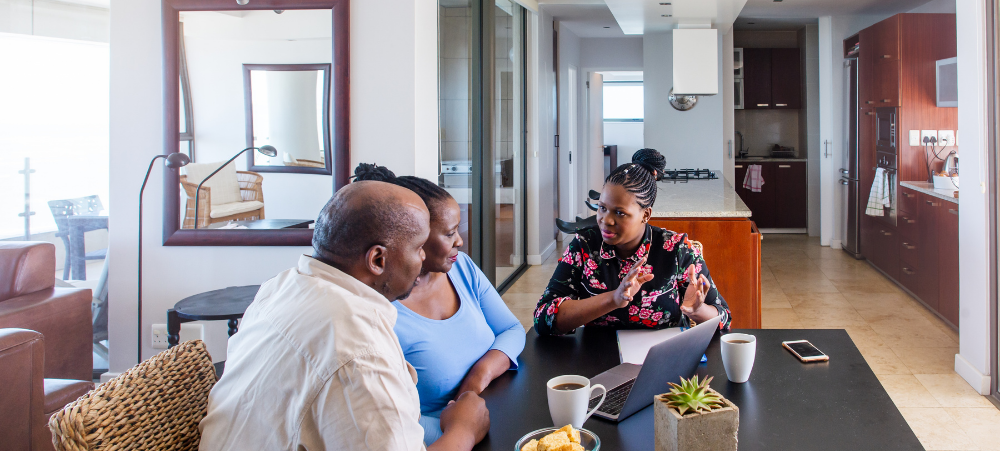Proper estate planning is one of the most important things you can do for your children. Not only does it spare them the anxiety of having to tussle over your estate while mourning your loss, but it can also serve as a final parting gift from one generation to the next. Despite this, 70% of South Africans still do not have a will in place. This is especially concerning for the parents of the roughly 3 million South Africans who live with disabilities.
Louise Danielz, Chief Operating Officer of Sanlam Trust says, “Regardless of your income bracket, it is important to get a professional to help you draft a will. For parents who have children with serious disabilities, estate planning is even more crucial as these children may not ever be able to work and provide for themselves. In these scenarios, trusts are key to ensuring your loved ones are properly provided for, for the rest of their lives, should you not be there to do so in person.”
Providing for your disabled beneficiaries after you are gone
The most important thing about planning for your child’s future in the event of your passing is making sure that their unique needs are considered. Putting measures in place while you are still alive, and understanding the practical implications of those arrangements, is very important.
Danielz suggests doing the following as soon as possible:
- Ensure you have a valid will: Passing away without a valid will that makes provision for your minor children runs the risk of having their inheritance paid over to the Master of the High Court until they turn 18. This could potentially put their standard of care at risk
- Nominate a guardian for your minor child(ren): Choose someone you trust to carry out your wishes and care for your child in the best way possible. This can become tricky and time consuming if you have not made adequate plans or had the proper guidance.
- Above all, get expert advice: If you do not do adequate planning, funds due to minor beneficiaries could be paid to the Master’s Guardian Fund. To avoid this, it is best to set up a testamentary trust in your will to cater for them.
Why you need a trust
Having a trust is key if you want your estate to be administered, managed, and executed in the best way possible for the beneficiary. Being part of a trust ensures that a dedicated administrator, in conjunction with an elected guardian, acts with due care and diligence in administering the funds in their capacity as trustees. This means that the administrator will consider the maintenance needs of the beneficiary, engage with the guardian, and invest the funds appropriately.
Danielz says, “With Sanlam Trust, a dedicated administrator is appointed to engage with the guardian, so that they work together within agreed guidelines to take care of the beneficiary’s immediate and future educational needs if possible. If there is a need to consult with a caregiver, for example an occupational therapist, to make the best decision for the beneficiary, then this will be done.”
With the right planning, parents can take care of their disabled loved one long after they have passed on. Danielz concludes, “Planning gives you peace of mind and it also creates continuity and support for your loved ones. It is all about understanding what you want and how this can be achieved.”
We understand that there are many aspects that encompass a Mother, Father or Child and strive toward providing resources and services that accommodates this.
Our content is aimed to inform and educate families on issues starting from pregnancy through to the challenges of the teen-age years.
- Say Hello to the Ultimate Holiday Brunch Bite - December 17, 2025
- Tiny Toons Looniversity Returns: Meet the Voice Behind Plucky and Hamton! - December 12, 2025
- From Pain to Possibility: Panado®’s New Marketing Campaign, Highlights The Joy Of Pain Relief - December 10, 2025





